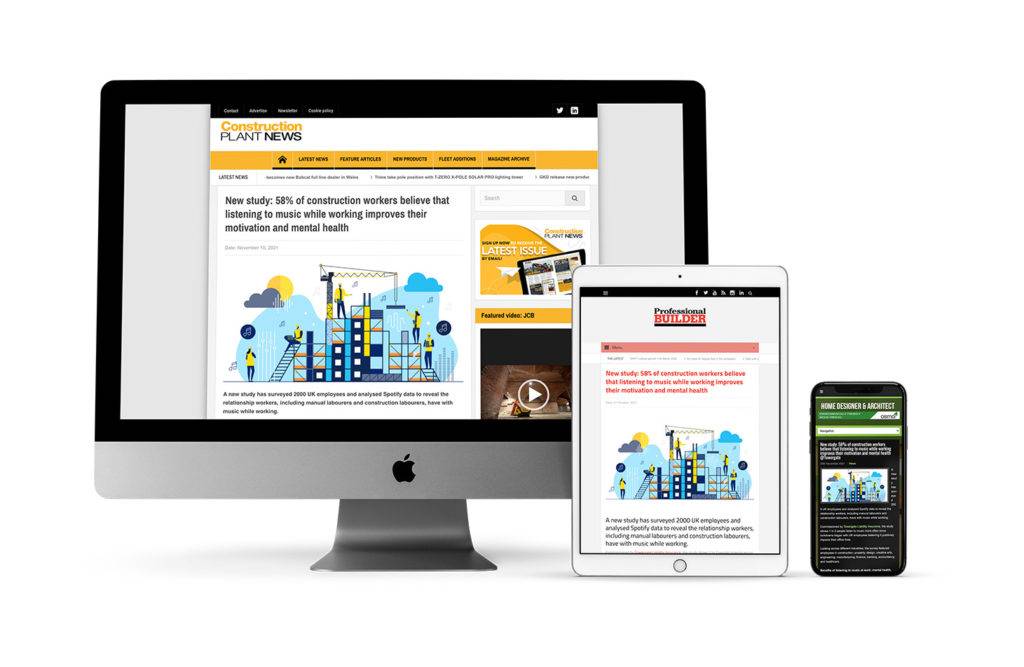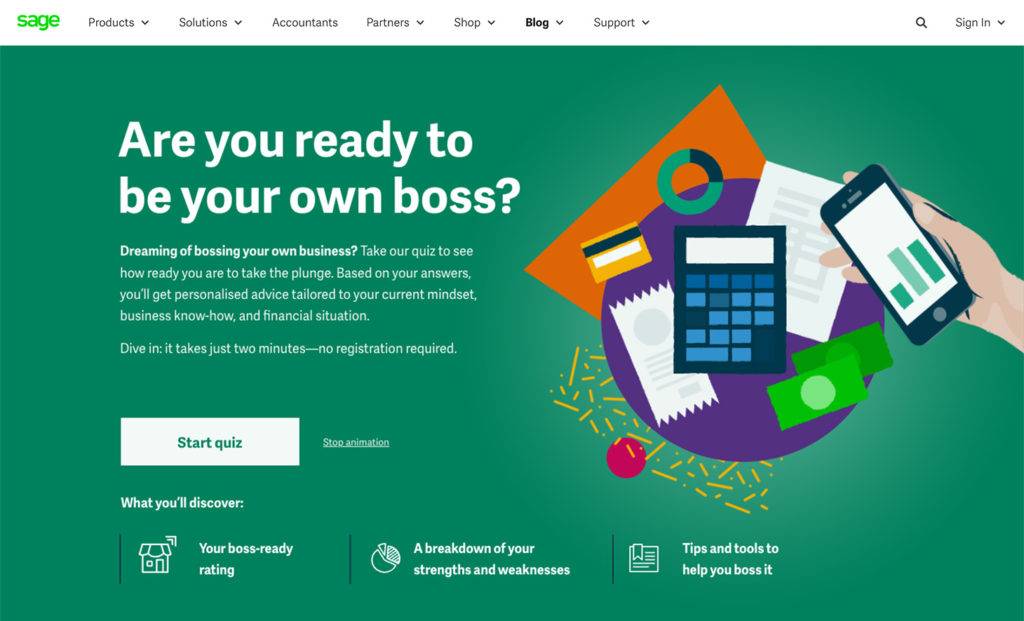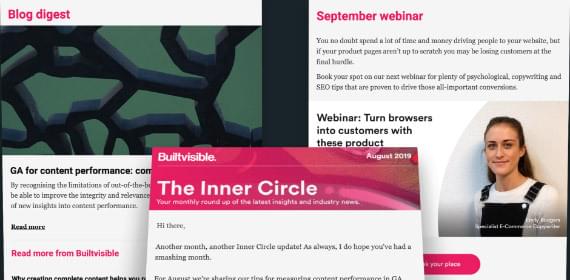Your focus is on quantity when it should be on quality
Just because aggregators are investing in large scale link building campaigns, doesn’t mean that you should too. This kind of link building can be great if you know it’s link volume you need, but it’s rare that this is your only issue, so building 100 links to a campaign ranking the world’s top 50 entrepreneurs when you’re trying to target your accounting software page will probably do very little.
Instead, a targeted, data-driven approach to link building aimed at building the right type of links for your business is what has the most impact.
This can also overcome any budget issues you might have, which my colleague Dan discusses in his post about tactics that build links when you have minimal content.
You’re not playing to your strengths
Honing in on your brand’s expertise can really help push your brand higher in the SERPs. Price comparison sites often target general publications, as opposed to topic-based niche ones, because they don’t have the authority or expertise to do this.
This is where you can really shine! Playing to your strengths by targeting informational topics and narrowing down who to target, will see you gain specific industry links.
As an example, we recently conducted a study for Towergate – a specialist insurance provider – by analysing the relationship people have with music whilst working. The piece was aimed at improving rankings for their trade-specific insurance, with a particular focus on their construction insurance offering.
The outcome was links acquired from the likes of Construction Plant News, Pro Builder Magazine and Home Designer & Architect.
This shows how targeted outreach can result in securing impactful links.

You’re fighting the wrong battles
Because of the way aggregators’ business models are set up, they need to focus on attracting users ready to make a purchase (to win them affiliate paychecks) which means they mainly focus on bottom of the funnel keywords.
It can be worth completing a SERP analysis to investigate where the aggregators aren’t competing, and to focus your efforts there. When it comes to broad, high search volume ‘head terms’, aggregator comparison sites do have an advantage, however, our Senior SEO Consultant, Matt Hunt talks about where you should be focusing your efforts instead:
“Although ‘head terms’ can still be worth competing for, by diversifying and targeting informational topics higher up the funnel (where comparison sites do not have an advantage in the SERP) you can still generate leads whilst also passing the off-page ranking signals to other product pages via internal linking.”
This analysis can inform any ideas around link building campaigns so that you know you’ll be investing in creating content around a topic you’ll be able to cut through with.
Your focus is on link building in isolation of the two other pillars of SEO, technical and on-page content
Successful link building happens when technical, on-page content and link building works in tandem. By collaborating, you’ll find that you don’t have to invest so much in outreach, and can make your content work much harder for you.
I asked my colleague Ailis Rhodes, Content Strategy Executive, about the benefits of an optimised link building campaign page “A page that targets the right keywords, has a clear structure, and optimised meta-elements will have more potential to increase traffic and therefore conversions.
Page optimisation gives the campaign a better chance of featuring higher on the SERP, and an eye-catching meta title containing relevant keywords can boost click-through-rate (CTR). If the page is well-structured and user-friendly, this will also increase the chance of the page visitor converting or completing a specific action, depending on the nature of the campaign.
While the success of SEO ranking factors cannot always be measured straight away, it will increase the potential for the campaign to have an evergreen position for target keywords. Optimisation is a relatively low effort, yet high reward strategy for any PR coverage.”
Aside from this, if your focus is on building link equity to a product or category page that is not ready to receive them (there’s technical issues or targeting issues) your efforts will be wasted.
In a recent campaign for the multinational enterprise software company, Sage, we created an interactive quiz for future business owners to understand their readiness to launch. Called Are You Ready To Be Your Own Boss?, the quiz provides personalised advice tailored to your current mindset, business know-how, and financial situation.
So far, the piece has earned 26 links on the likes of University of Aberdeen, Military.com and Rocket Lawyer, had 28,000 visits and soared over 12 million in social reach. Plus it has been nominated for industry awards by both the Drum and PRmoment!
Alongside the quiz, we launched supporting content to nurture potential leads down the funnel and build authority and expertise in relevant topics.

So hopefully now, the impossible seems possible!
The best results happen when you fully understand what it is that you need to do as a brand to build links that will help to drive impact.
Often we see that this initial grounding in research to uncover what your approach should be is missed – leaving you investing in campaigns that build links to see little to no results other than the number of links secured.
If you think you’re facing some of the issues that I’ve outlined above, I’d love to chat with you about building an approach that works!
